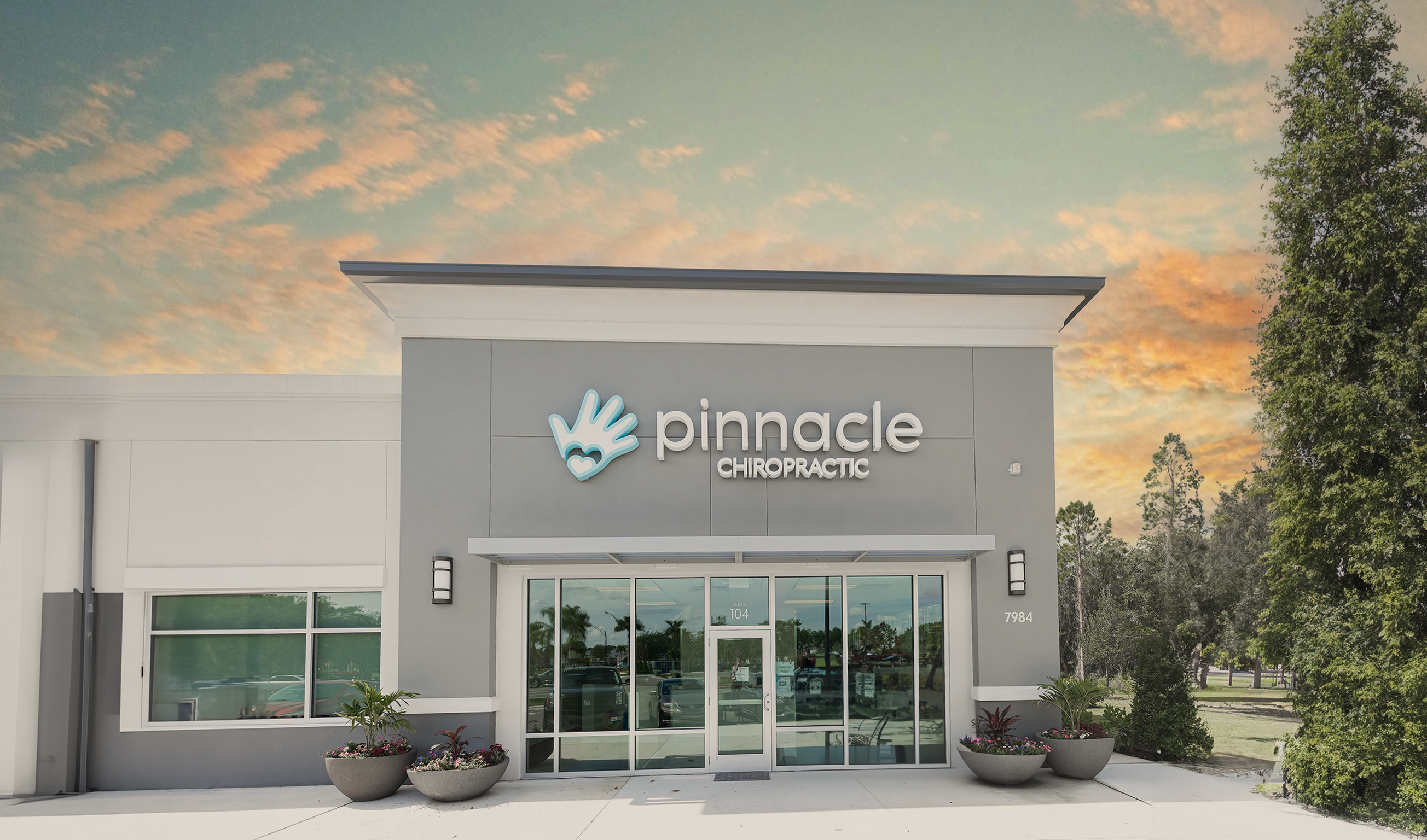Preterm labor is a concern for many expectant mothers, and recognizing the signs early can make a significant difference in outcomes for both mother and baby. At Pinnacle Chiropractic, we are committed to supporting your health throughout your pregnancy journey. Understanding the signs of preterm labor can help you seek timely medical intervention and ensure the best possible care for you and your baby.
What is Preterm Labor?
Preterm labor occurs when a pregnant woman begins to experience labor symptoms before 37 weeks of pregnancy. This early onset of labor can lead to premature birth, which carries various risks for the baby's health and development. Early detection and medical intervention are crucial in managing preterm labor and improving outcomes.
Common Signs of Preterm Labor
- Regular Contractions:
- Experiencing regular contractions that are more frequent than every 10 minutes and do not subside with rest can be a sign of preterm labor. Unlike Braxton Hicks contractions, which are often irregular and painless, preterm labor contractions are consistent and may increase in intensity.
- Lower Back Pain:
- Persistent lower back pain, especially if it is dull or rhythmic, can indicate preterm labor. This pain may be accompanied by pressure in the pelvis or a sensation of fullness in the lower abdomen.
- Menstrual-like Cramps:
- Cramping similar to menstrual cramps, especially when accompanied by other symptoms, can be a warning sign. These cramps may be persistent or intermittent and are often felt in the lower abdomen.
- Change in Vaginal Discharge:
- An increase in vaginal discharge, especially if it is watery, mucus-like, or tinged with blood, may signal preterm labor. Any sudden change in discharge should be reported to your healthcare provider immediately.
- Pelvic Pressure:
- Feeling a persistent or sudden increase in pelvic pressure, as if the baby is pushing down, can be a sign of preterm labor. This pressure may be accompanied by an urge to urinate frequently.
- Abdominal Pain:
- Continuous or intermittent abdominal pain, especially if it is severe or unusual for you, can indicate preterm labor. This pain may be felt in the lower abdomen or across the entire belly.
Risk Factors for Preterm Labor
While any pregnant woman can experience preterm labor, certain factors can increase the risk. Understanding these risk factors can help you stay vigilant:
- Previous Preterm Birth: Having a history of preterm labor or preterm birth increases the likelihood of experiencing it in subsequent pregnancies.
- Multiple Pregnancies: Carrying twins, triplets, or more can elevate the risk of preterm labor.
- Certain Health Conditions: Conditions such as high blood pressure, diabetes, infections, and certain uterine or cervical abnormalities can increase the risk.
- Lifestyle Factors: Smoking, alcohol use, and illicit drug use can contribute to preterm labor. Maintaining a healthy lifestyle is crucial during pregnancy.
- Stress: High levels of physical or emotional stress can be a contributing factor. Finding ways to manage stress is important for overall health during pregnancy.
What to Do if You Suspect Preterm Labor
If you experience any signs of preterm labor, it is important to act quickly. Here are steps to take:
- Contact Your Healthcare Provider:
- Call your healthcare provider immediately to discuss your symptoms. They may ask you to come in for an evaluation or provide specific instructions.
- Monitor Your Contractions:
- Keep track of the frequency and duration of your contractions. This information can be helpful for your healthcare provider in assessing your condition.
- Stay Hydrated:
- Dehydration can sometimes trigger contractions. Drink plenty of water and rest on your left side to help alleviate symptoms.
- Avoid Strenuous Activity:
- Rest as much as possible and avoid any strenuous activity that could exacerbate symptoms.
The Role of Chiropractic Care in Supporting a Healthy Pregnancy
At Pinnacle Chiropractic, we believe in a holistic approach to prenatal care. Regular chiropractic adjustments can help maintain spinal alignment and nervous system function, which can contribute to overall health and well-being during pregnancy. Our specialized techniques, such as the Webster Technique, are designed to support the health of both mother and baby.
Conclusion
Recognizing the signs of preterm labor and understanding the risk factors can help you seek timely medical intervention and ensure the best care for you and your baby. At Pinnacle Chiropractic, we are here to support you throughout your pregnancy journey. If you have any concerns or would like to learn more about how chiropractic care can benefit your pregnancy, please contact us today.
Your health and well-being are our top priorities, and we are dedicated to providing the highest quality care to support you and your growing family.


.png)







